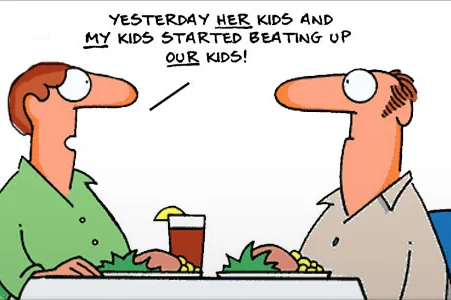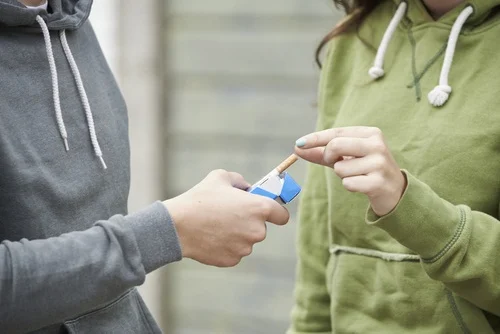+1 845 259 2974 (11 a.m to 7 p.m CST)
Empathic Parenting: The Right Way to Discipline Your Child

For years, parents have been relying on punishment to transform their kids’ “bad” behavior. The effectiveness of the approach is a debatable issue, but one thing is clear: it’s not good for a child’s development. Punitive parenting such as grounding or time-out may not help in getting the kids to realize their mistake, feel remorseful, and develop an understanding of right and wrong on moral grounds. They choose to do the right things mainly because of the fear of punishment. Once they grow out of fear, they’re likely to rebel against their oppressor, which in this case are the parents. To avoid this, positive parenting based on an empathic approach is what you should be exercising.
Developing the Parent-Child Connection
The guide on how to discipline your child is rarely complete without the mention of deep parent-child connection. You need to assure your child that you’re on their side and genuinely care about them. Subjecting them to your anger can make them see you as a threat. Keep your emotions in check and create an environment of safe conversation so that they are comfortable opening up to you.
Focus on the Problem, not the Symptoms
It’s easy to get preoccupied with a child’s bad behavior and react to it instead of digging deeper to find out the underlying cause of why they behaved the way they did. Calmly ask them to tell you why they behaved inappropriately, while carefully searching for clues so as to find the root cause of the problem. Getting angry with them will only encourage them to lie to you. Therefore, empathy is extremely important. If they’re not willing to talk, give them time to cool down and then give the conversation another shot.
Encourage Them to Mend What They’ve Broken
When disciplining your child, you want them to learn a lesson that they retain for life. Getting them to do something through punitive measures may hardly lead to retention. However, if you get them to realize what they did was wrong and that they need to fix it, they’re likely to develop an understanding of their behavior and its impact. Doing the right thing should be their own choice, not something they do out of compulsion.
Give It Time
Once you switch to an empathic approach from the punitive one, the results may not appear immediately. In fact, the situation may appear worse. This may be due to years of pent-up frustration and anger that your child may finally be venting as you remove the element of fear. Just bear in mind that this difficult episode would be temporary and eventually get replaced by a lasting calm. Remember, patience and consistency is the key. No matter what, do not give in to your temptation to punish your child.
As a parent, your child’s development should be your foremost concern. While it’s natural to get angry at times, refrain from acting on that anger. Acknowledging your kid’s feelings can help dissipate a situation and instill realization and responsibility in them. Always do what’s best for your child’s future, even if it requires an extra bit of effort.





















